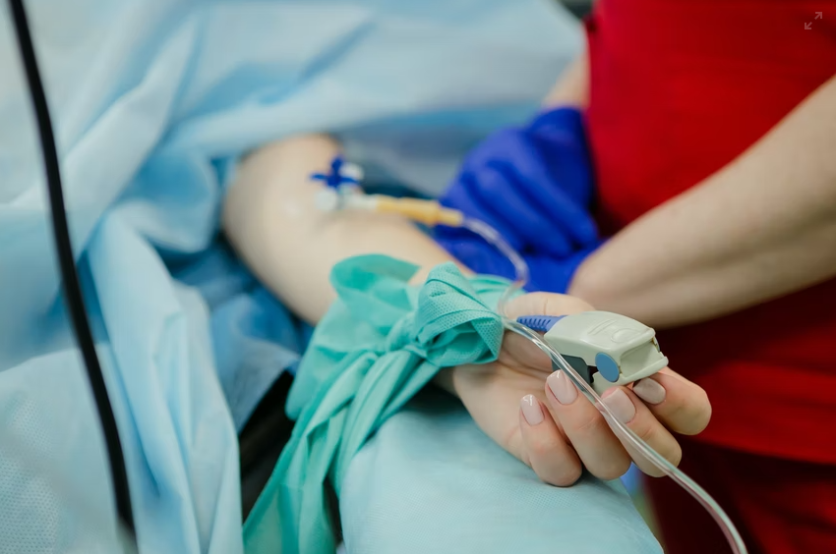
Parents across Scotland and England are asked by experts to look out for signs of hepatitis after several cases of the disease were detected in children.
Hepatitis Cases on the Rise
According to ITV, around 60 cases of the inflammatory liver condition have been found in children under ten years old in England and 11 cases in Scotland. The children were all sent to the hospital for treatment.
Scotland normally records eight cases of hepatitis every year, but in 2022, the cases have tripled in only four months.
Experts stated that parents need to look out for symptoms such as dark urine, muscle pains, joint pains, itchy skin, loss of appetite, and high temperature.
Dr. Meera Chand, the director of clinical and emerging infections at the UK Health Security Agency, stated that investigations for a wide range of potential causes are currently underway, including any links to other infectious diseases.
Dr. Chand also reminded parents to be aware of the symptoms of jaundice, including skin with a yellow tinge which is usually easy to spot in the whites of the eyes and to contact a healthcare professional if they have any concerns.
The UK Health Security Agency is now raising awareness of the cases among the healthcare professionals in England and Scotland so that any other child who may be affected can be easily identified and assisted as early as possible.
While the condition may have happened for several other reasons, including viral infections, which are very common in children, the cases under investigation have not found the common viruses which usually cause hepatitis.
What is Hepatitis?
Hepatitis is an inflammation of the liver that is often caused by some medications and several health conditions. There are five main viral classifications of hepatitis: A, B, C, D, and E. Each of the classifications is affected by a different virus.
According to the World Health Organization, around 354 million people are currently living with hepatitis B and C around the world.
Children who have hepatitis B and C, may not show symptoms until the damage affects their liver function. By contrast, children with acute hepatitis may present with symptoms shortly after contracting a hepatitis virus, according to the CDC.
Aside from dark urine, itchy skin, muscle and joint pains, and loss of appetite, parents also need to look out for other symptoms such as fatigue, flu-like symptoms, pale stool, abdominal pain, unexplained weight loss, and jaundice.
It is important for parents to understand what is causing hepatitis in order for it to be treated correctly.
Healthcare professionals will progress through a series of tests to accurately diagnose the condition.
Healthcare professionals will take the child's medical history to determine any risk factors that they may have.
During a physical examination, the doctor will check for the swelling of the liver and any yellow discoloration in the eyes or skin.
Liver function tests will also be done. If the results are abnormal, that is the first indication that there is a problem, especially if the child does not show any signs of having the disease.
Children diagnosed with hepatitis may have to stay at the hospital for weeks in order to monitor their condition.
In 2016, around 650 patients were diagnosed with hepatitis B in Seattle.
In 2018, the state of Ohio declared a hepatitis A outbreak.
Related Article: Hepatitis C Medicine May Help Cure COVID-19 Patients, Possibly A New Therapeutic Option? New Study Says Yes
This article is owned by Tech Times
Written by Sophie Webster
ⓒ 2025 TECHTIMES.com All rights reserved. Do not reproduce without permission.




